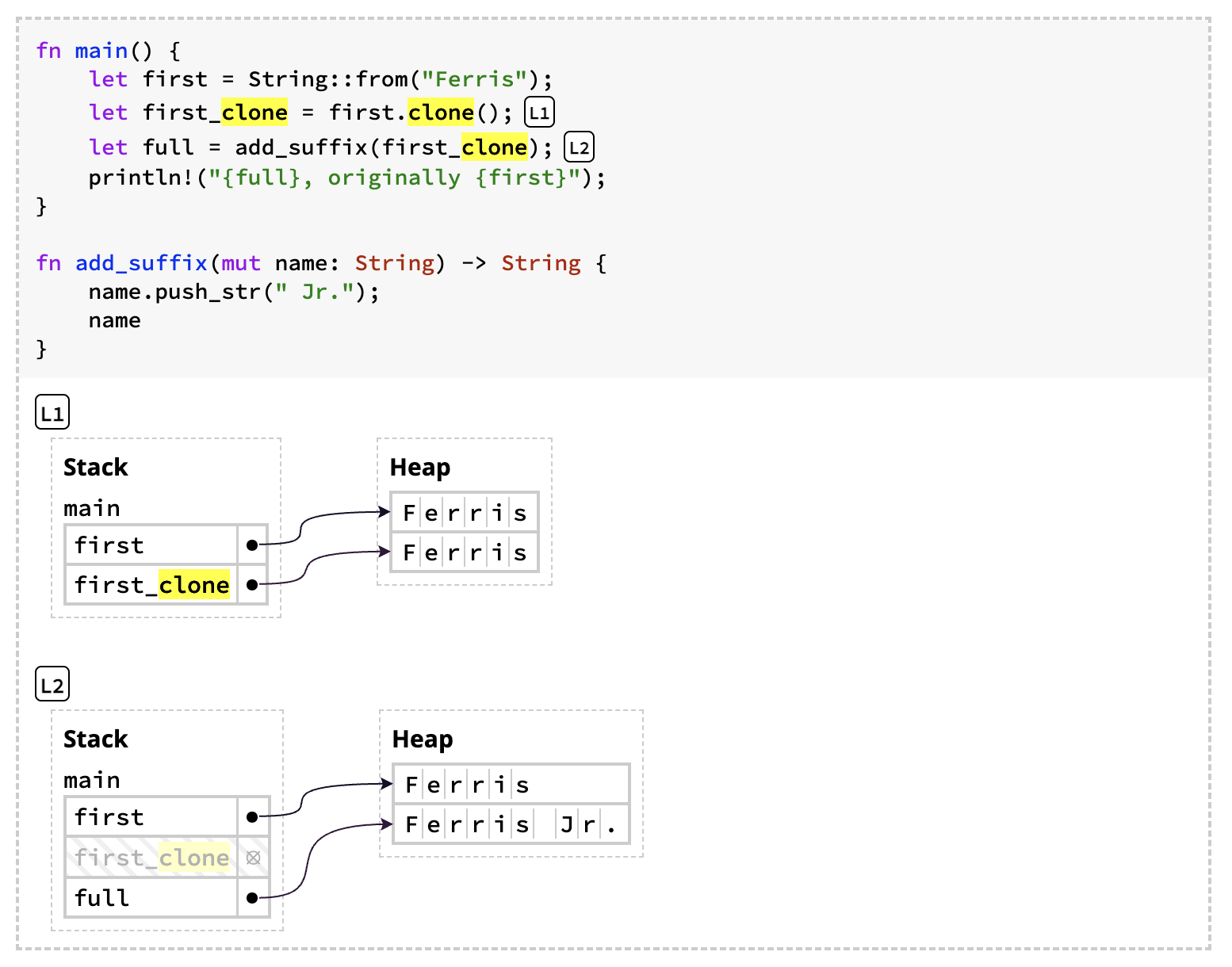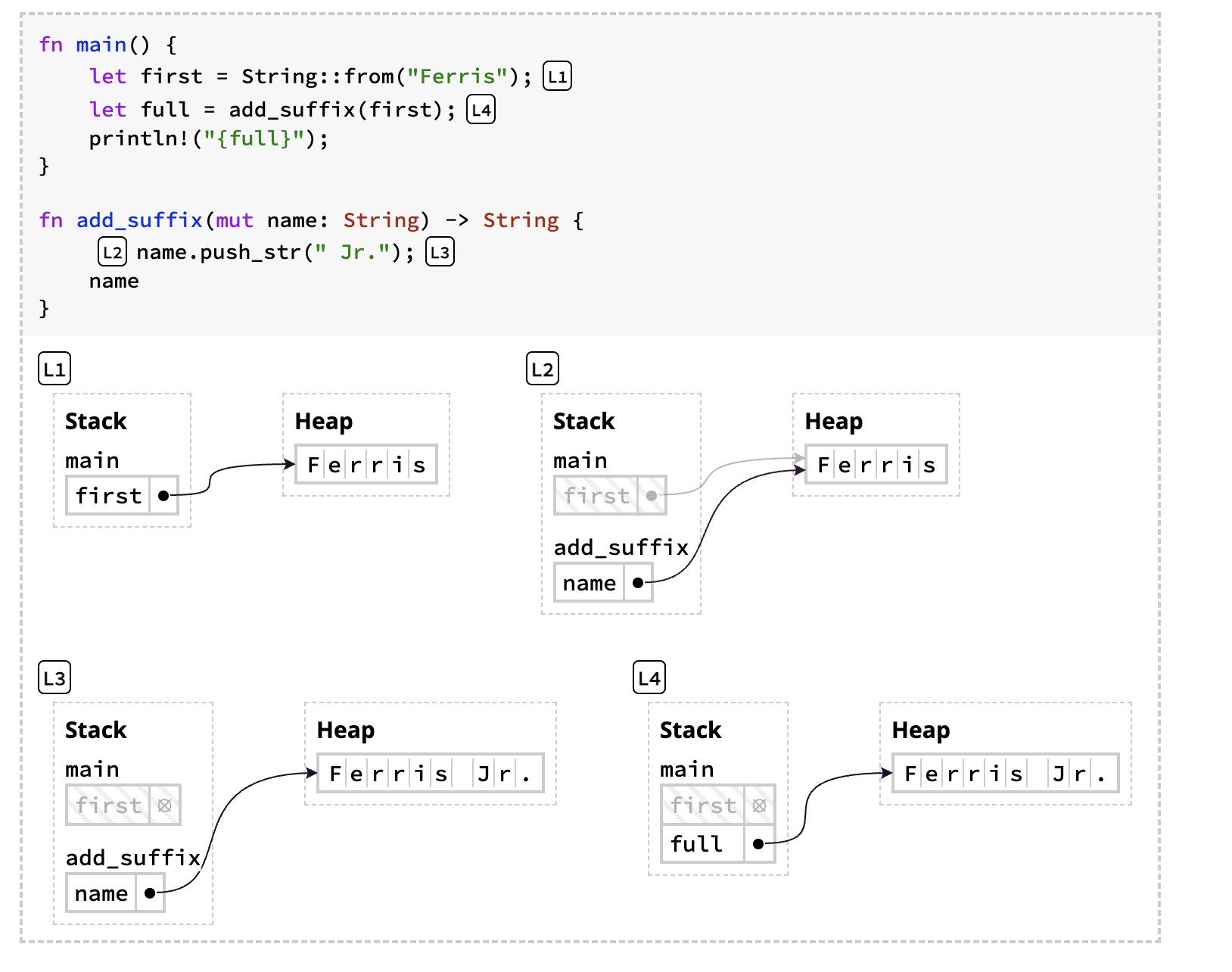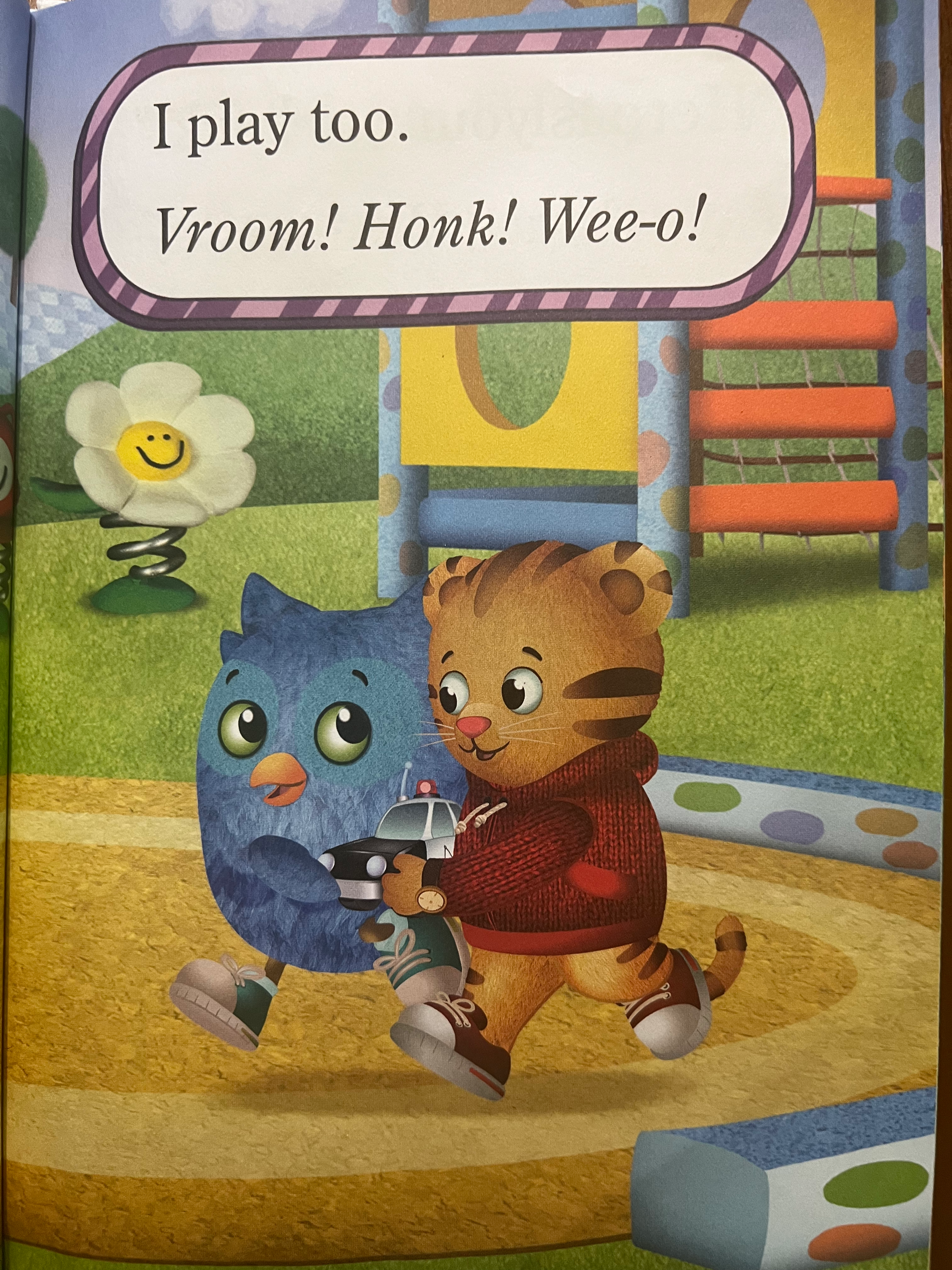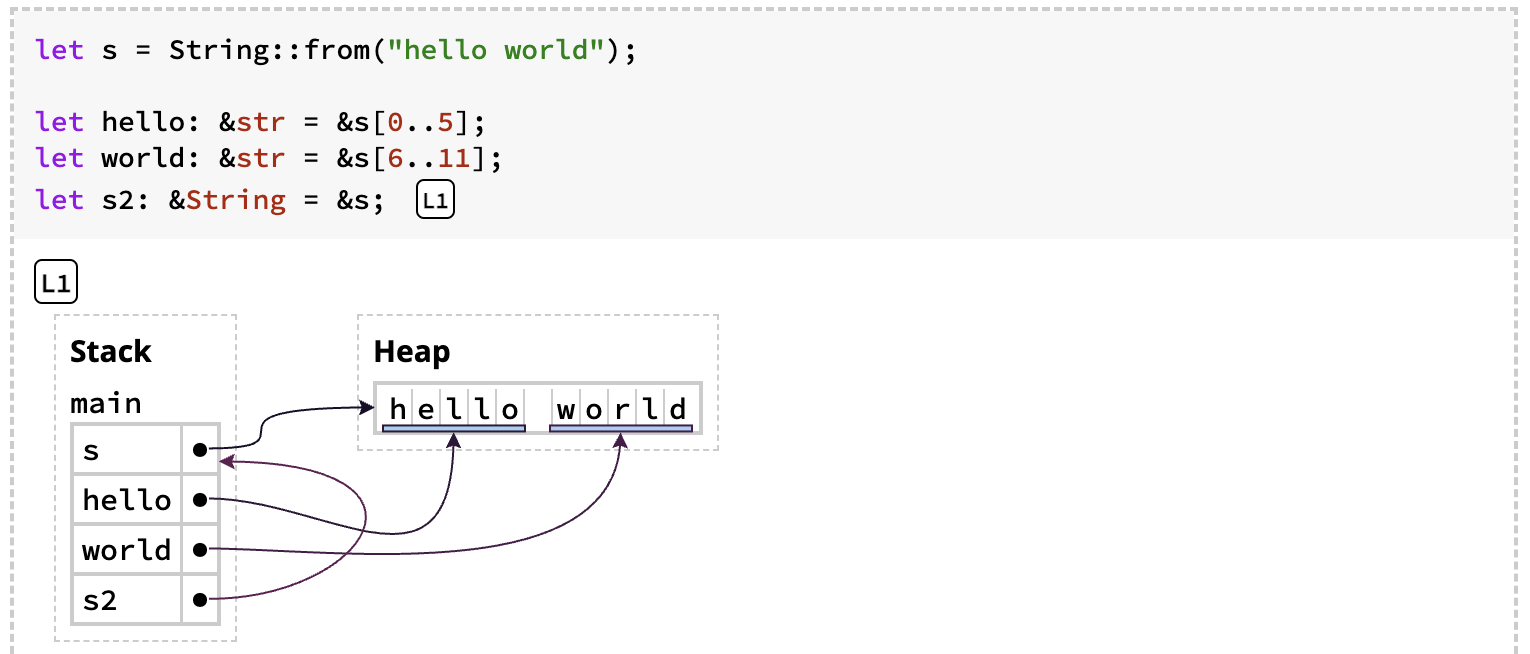4. Understanding Ownership
Learning objectives
Learning objectives
- Understand Rust’s ownership system
- Work with the borrow checker
- Implement the right ownership model at the right time
What Is Ownership?
Moves
Moves
Moves
Moves

Stack vs Heap
Stack

Heap

Box::new()
Box::new()

References and Borrowing
Immutable references
Immutable references

Immutable references

Immutable references
Immutable references

Mutable references
Mutable references

The Slice Type
Slices
